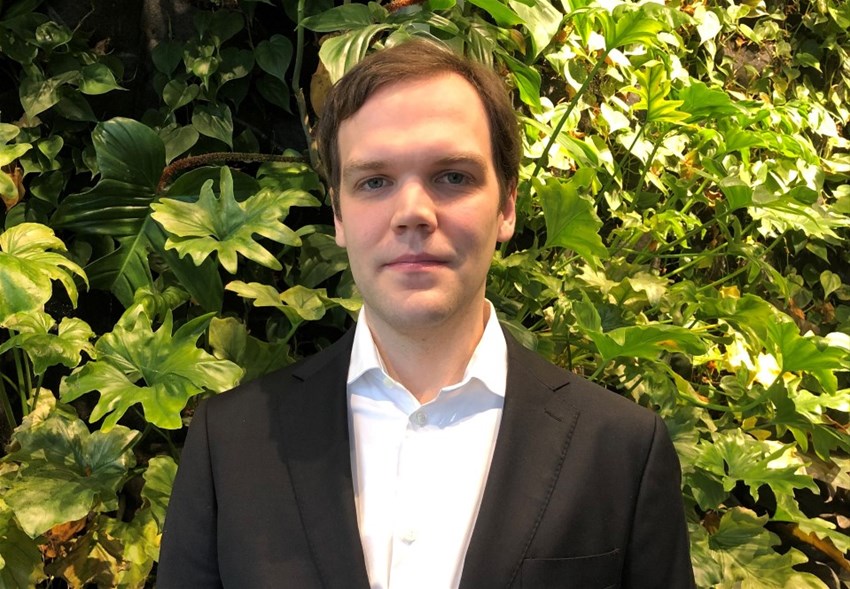New software facilitates automated manufacturing of unique products
07 Feb 2023
Within a few years, the manufacturing industry will be able to skip time-consuming programming every time a new product goes into production. Mattias Bennulf’s research brings brand new opportunities for industries to rapidly transform their automated production processes. “Switching between unique products and low-volume production will be much faster and make production more flexible,” says Mattias.

Unique, customised products are becoming increasingly common in several product segments, as is manufacturing low-volume production. However, today’s automated manufacturing processes are designed for mass production. Every time manufacturing processes need to be changed for a new product, specialists need to carry out extensive programming.
“Production is at a standstill while programming is being carried out, and this costs both time and money,” explains Mattias, a recently qualified doctor in production technology at University West. “It is therefore not currently profitable to manufacture low-volume production or unique products using automated processes. Instead, production is mostly carried out by humans, sometimes with the support of robots for certain operations.”
Simpler programming
Within just a few years, conditions within the manufacturing industry may be completely different. Mattias has developed a framework that simplifies programming when switching to the production of new products. The framework consists of a complex computer program that he built from scratch, based partly on existing standards. His research focuses on the Plug & Produce manufacturing concept. This is controlled by a modern multi-agent system developed by automation researchers at University West.
“In simple terms, the Plug & Produce concept consists of a number of autonomous units, which we call agents. An agent can represent anything from a drilling tool, a robot or a part that needs be manufactured, to a mobile device that moves components between agents. All agents are equipped with different abilities based on their tasks within the manufacturing process. They can communicate with each other and with the framework.”
Faster changeover
“The framework I’ve developed for Plug & Produce makes it easier to move, add and remove different operations within a manufacturing process. The software is configurable and generic, and can be used for many different types of products and manufacturing processes.”
Mattias’ research may bring several benefits for the manufacturing industry. With faster, easier changeovers, producing even unique products or low-volume production in an automated process becomes profitable. Shorter delivery times for customised products can bring valuable competitive advantages.
“Another effect is that less work is required from operators. For industrial companies that currently carry out production in low-cost countries, this could present opportunities to move production back to Sweden.”
Cooperation with companies
An important element of Mattias’ work has involved testing the software in the Plug & Produce facility at the Production Technology Centre in Trollhättan. Several companies, including GKN Aerospace, have participated in his project and have been able to test and apply the program in their production processes.
“It’s a good feeling having built something from scratch and then seeing that it works in practice. But there are challenges that need to be worked on. It will take a few more years before the software is fully developed and ready for use in live production. I hope to be part of that journey, and to help us achieve our goal.”
Read Mattias Bennulf’s thesis “A Control Framework for Industrial Plug & Produce”
Contact: mattias.bennulf@hv.se


